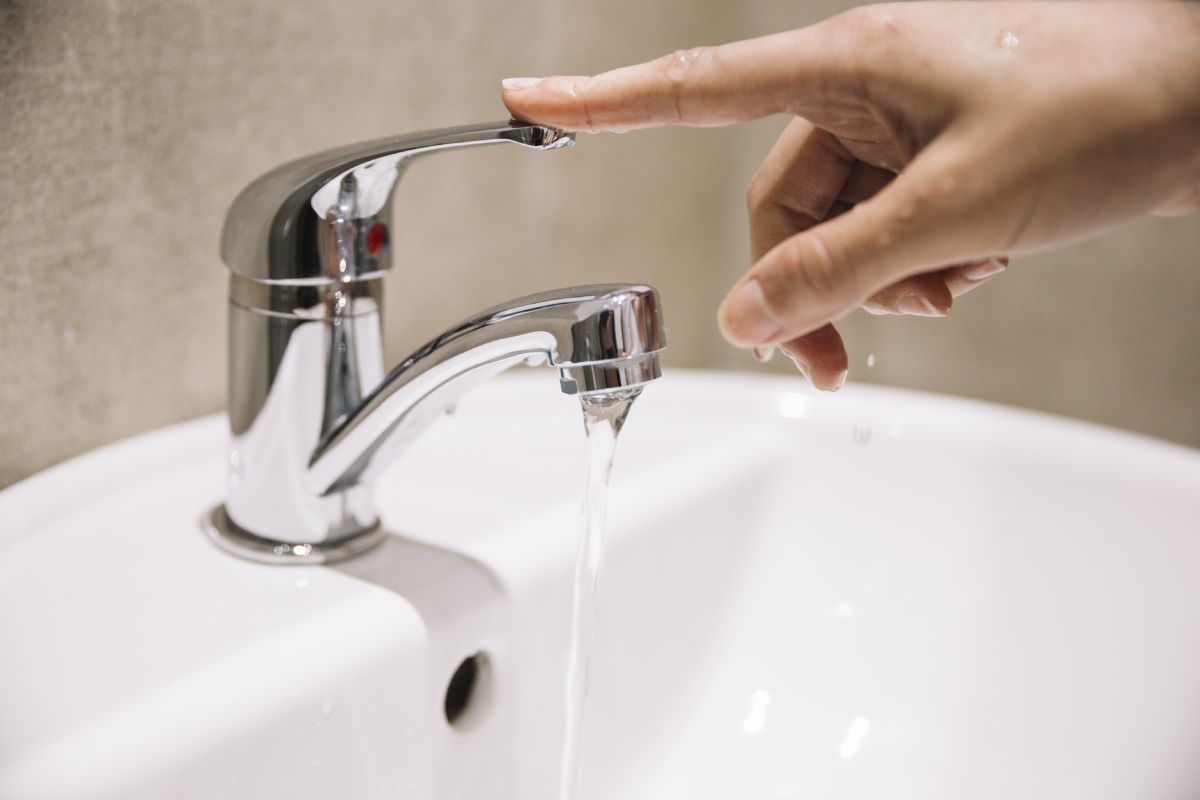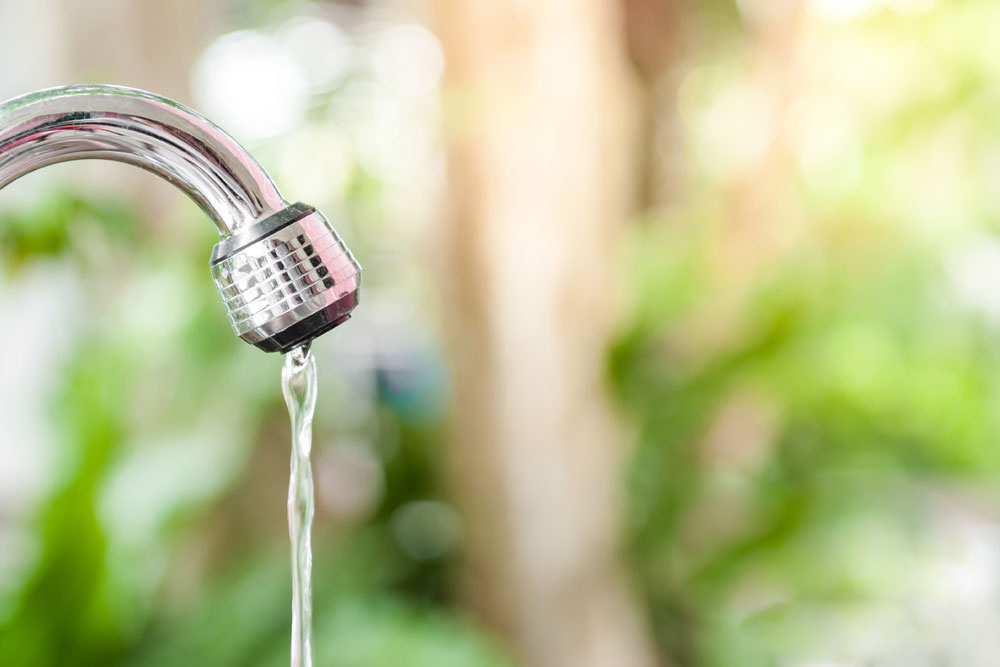Leading Approaches for Resolving Low Water Pressure in Your Home
Leading Approaches for Resolving Low Water Pressure in Your Home
Blog Article
Just how do you actually feel in regards to 10 Reasons for Low Water Pressure in Your House?

Low tide pressure in your house can be an aggravating trouble, impacting everything from bathing to cleaning meals. If you're experiencing weak water circulation, there are numerous possible reasons and remedies to discover. In this overview, we'll go over common reasons for low water stress and sensible actions to attend to the problem efficiently.
Introduction to Low Water Stress
Low tide stress happens when the circulation of water from your taps, showers, and other fixtures is weak than usual. This can make day-to-day jobs a lot more tough and much less reliable. Understanding the reasons for low tide pressure is essential to locating the appropriate solution.
Typical Sources Of Low Water Stress
Pipeline Obstructions
Over time, pipelines can end up being obstructed with natural resource, debris, or particles, limiting the flow of water. This is a typical issue in older homes with galvanized steel pipelines.
Corrosion
Rust within pipelines can lead to leakages and minimized water stress. Corrosion accumulation can tighten water circulation, particularly in aging plumbing systems.
Faulty Stress Regulators
Pressure regulatory authorities are responsible for maintaining constant water stress in your home. If they malfunction, it can cause low water stress or uneven flow throughout your house.
Municipal Water System Issues
In some cases, the problem lies outside your home. Local water system problems, such as main line leaks or upkeep job, can momentarily lower water stress in your location.
Just How to Diagnose Low Tide Stress
Checking Taps and Components
Begin by examining the water pressure at different taps and fixtures throughout your home. If the issue is separated to particular locations, it might indicate localized troubles.
Checking Pipes
Evaluate noticeable pipelines for indications of leakages, corrosion, or clogs. Pay attention to any unusual audios, such as banging or rattling pipelines, which might indicate problems within the plumbing system.
Consulting with a Plumber
If you're unable to identify the cause of low water pressure, consider employing an expert plumber to conduct a detailed assessment. They can identify underlying problems and suggest suitable remedies.
Do It Yourself Solutions to Repair Low Water Stress
Cleaning Aerators and Showerheads
Natural resources can gather in aerators and showerheads, decreasing water flow. Get rid of and cleanse these parts on a regular basis to improve water pressure.
Flushing Water Heater
Sediment accumulation in the water heater can restrict flow and minimize performance. Purging the tank periodically aids remove sediment and maintain optimal efficiency.
Checking Pressure Regulatory Authority
Make certain that the stress regulator is operating properly. Readjusting or changing the regulatory authority can aid recover proper water pressure throughout your home.
Clearing Clogs in Water Lines
For small clogs, try utilizing a plumbing serpent or chemical drain cleaner to clear blockages in pipelines. Beware when utilizing chemicals and adhere to security guidelines.
When to Call an Expert Plumber
If DIY efforts fail to resolve the problem or if you think substantial plumbing troubles, it's finest to look for support from a certified plumber. They have the knowledge and tools to resolve complicated issues securely and properly.
Preventive Measures to Maintain Water Stress
Routine Maintenance
Arrange routine maintenance for your plumbing system to prevent issues such as corrosion, leaks, and clogs. Resolving small problems early can aid stay clear of more considerable repairs later on.
Mounting a Stress Booster
Take into consideration setting up a stress booster pump to improve water pressure in areas with continually low flow. This can be particularly useful for multi-story homes or residential or commercial properties with high-demand components.
Tracking Water Use
Bear in mind water use routines and avoid ill-using the plumbing system. Easy changes, such as staggering showers and laundry lots, can aid keep ample water pressure.
Verdict
Managing low water stress can be aggravating, but determining the underlying reasons and implementing suitable services can bring back optimum flow throughout your home. Whether it's cleaning up aerators, inspecting pipelines, or seeking advice from a plumber, taking aggressive actions can guarantee a stable supply of water for your everyday demands.
FOUR WAYS TO FIX LOW WATER PRESSURE NOW
Turning on a shower or faucet only to find the water comes out in a sad, slow drizzle is never a good feeling. How exactly are you supposed to wash a pan or take a quick shower when it takes 10 minutes just to rinse off a little soap? The good news is that when your water pressure is bad, there's always a cause: typically one that can be easily fixed. Here are some of the most common causes of low pressure and what you can do to fix the issue:
DEBRIS AND MINERAL DEPOSIT BUILDUPS
If you notice low water pressure from just one or two of the fixtures in your house, the problem likely has to do with debris buildup. Water is full of minerals and other debris, all of which can accumulate in your pipes and on your fixtures. This can cause a blockage that affects how much water flows through. To fix this, try filling a small plastic bag with white vinegar, and use a rubber band to hang it around your showerhead or faucet. Let the head of the fixture soak for a few hours, and the vinegar should loosen the deposits.
WATER LEAKS
Leaks are another common cause of low water pressure. If water is flowing out of your plumbing through a hole or crack before it can reach your fixture, the pressure coming out of the faucet or showerhead will be lower. A plumbing professional is your best bet for finding and repairing a leak in your water supply pipes.
Leaks are another common cause of low water pressure. If water is flowing out of your plumbing through a hole or crack before it can reach your fixture, the pressure coming out of the faucet or showerhead will be lower. A plumbing professional is your best bet for finding and repairing a leak in your water supply pipes.
FOUR WAYS TO FIX LOW WATER PRESSURE NOW
Turning on a shower or faucet only to find the water comes out in a sad, slow drizzle is never a good feeling. How exactly are you supposed to wash a pan or take a quick shower when it takes 10 minutes just to rinse off a little soap? The good news is that when your water pressure is bad, there's always a cause: typically one that can be easily fixed. Here are some of the most common causes of low pressure and what you can do to fix the issue:
DEBRIS AND MINERAL DEPOSIT BUILDUPS
If you notice low water pressure from just one or two of the fixtures in your house, the problem likely has to do with debris buildup. Water is full of minerals and other debris, all of which can accumulate in your pipes and on your fixtures. This can cause a blockage that affects how much water flows through. To fix this, try filling a small plastic bag with white vinegar, and use a rubber band to hang it around your showerhead or faucet. Let the head of the fixture soak for a few hours, and the vinegar should loosen the deposits.
WATER LEAKS
Leaks are another common cause of low water pressure. If water is flowing out of your plumbing through a hole or crack before it can reach your fixture, the pressure coming out of the faucet or showerhead will be lower. A plumbing professional is your best bet for finding and repairing a leak in your water supply pipes.
Leaks are another common cause of low water pressure. If water is flowing out of your plumbing through a hole or crack before it can reach your fixture, the pressure coming out of the faucet or showerhead will be lower. A plumbing professional is your best bet for finding and repairing a leak in your water supply pipes.
A VALVE ISSUE
If you have low water pressure throughout your home, check your main shut-off valve to make sure it's completely open. You may also want to see if there's a pressure-reducing valve installed. If there is, have a plumber help you adjust the settings to get the pressure you're looking for.
OTHERS USING WATER
Believe it or not, your low water pressure could be caused by your neighbors. If you notice low pressure at certain times of day, it may be because you and the people living next to you have similar schedules - when everyone is showering at the same time, the pressure will be lower in every home. Low pressure throughout the neighborhood may also be caused by an issue with your municipal water supply. If that's the case, call the supplier to see if they're working on the issue.
https://www.rotorooter.com/blog/water-leaking/low-water-pressure-fixes/

As a devoted person who reads on Dealing with Low Water Pressure in Your Home, I imagined sharing that excerpt was smart. If you please pause to share this entry if you enjoyed reading it. We treasure reading our article about .
Click Here Report this page